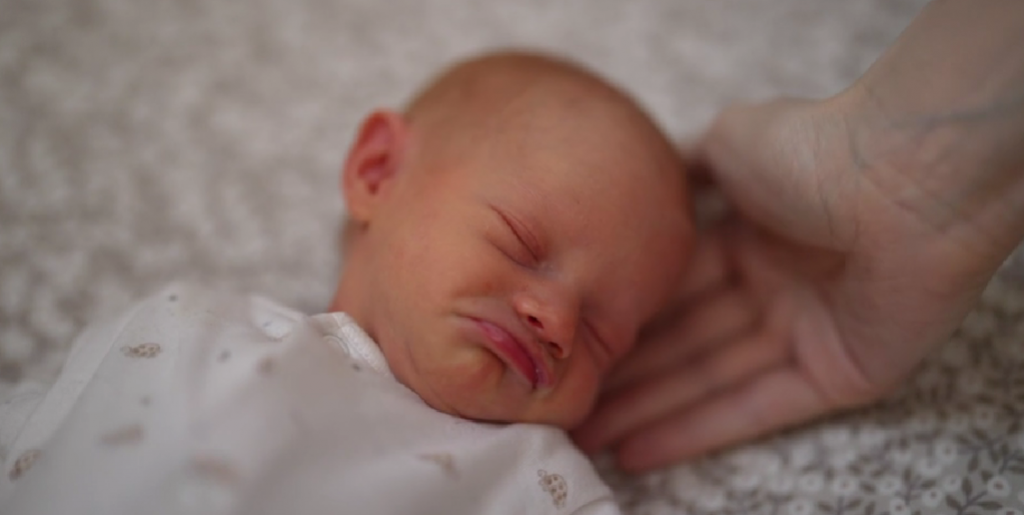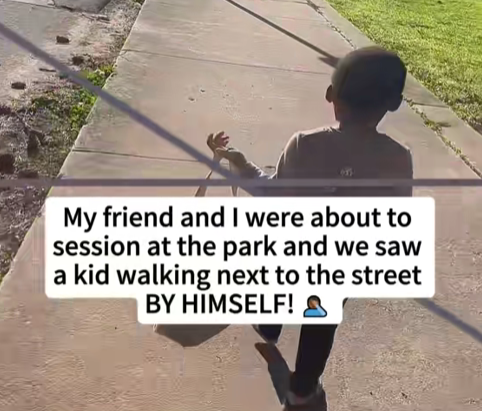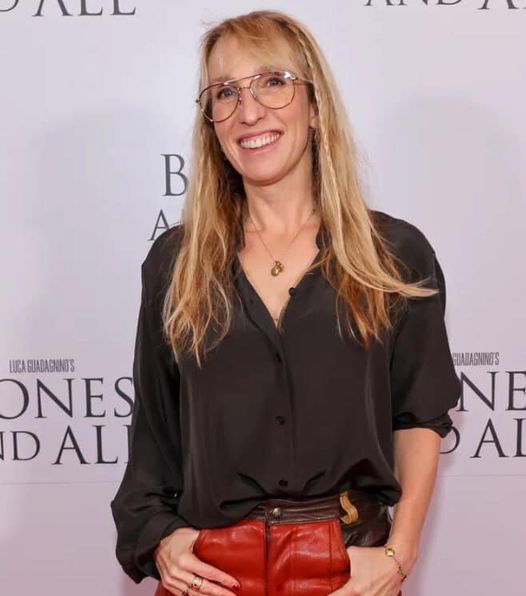How did the UK’s first womb transplant baby come to be? Science can now turn dreams into reality for people who thought they could never have a child.
Something incredible has just happened in the UK that might make you believe this world is closer than you think.
A baby girl was born in a way that’s never been done before in the country. This story is about love, family, and a medical breakthrough that’s changing lives.
In February 2025, a woman named Grace Davidson welcomed her daughter, Amy, into the world.
But what makes this birth so special?
Grace was born without a working uterus, a condition that affects thousands of women. But thanks to her sister and a team of doctors, she was able to carry and give birth to her own baby.
This is the first time a baby has been born in the UK to a mother with a transplanted womb.
A Sister’s Gift and a Medical Milestone

Grace, who is 36 years old, has a condition called Mayer-Rokitansky-Küster-Hauser (MRKH) syndrome. This means she was born without a fully formed uterus, making it impossible for her to get pregnant naturally.
For years, she and her husband, Angus, dreamed of having a family. Then, in 2023, Grace’s sister, Amy Purdie, stepped in with an amazing act of kindness.
She donated her womb to Grace in a surgery that took 17 hours and involved over 30 medical experts.
The operation happened at the Churchill Hospital in Oxford. Doctors carefully removed Amy’s womb and placed it into Grace’s body.
Just two weeks later, Grace had her first period—a sign that the transplant worked. Using IVF (a process where doctors help create a baby outside the body and then place it in the womb), Grace became pregnant.
On February 27, 2025, little Amy was born by C-section at Queen Charlotte’s and Chelsea Hospital in London. She weighed just over four and a half pounds and was perfectly healthy.
A Breakthrough for the Future

This wasn’t just a win for Grace and Angus—it’s a big step forward for medicine. The UK team behind this birth has already done three more womb transplants using wombs from deceased donors.
They hope to do 15 in total as part of a study. Around the world, over 135 womb transplants have happened since the first one in Sweden in 2014, leading to about 65 babies.
Now, the UK has joined this list, giving hope to the 15,000 women in the country who can’t have babies because they don’t have a working womb.
Grace named her daughter Amy after her sister, and her middle name, Isabel, honors one of the surgeons, Isabel Quiroga.
Grace and Angus are already thinking about having a second child with the transplanted womb. After that, the womb will be removed so Grace can stop taking special medicines that prevent her body from rejecting it.
What It Means for Families Everywhere

This story shows how far science has come and how much family can mean. Grace called her daughter a “miracle,” and Angus said the moment they saw her was full of joy and tears.
For women who thought they could never carry a child, this breakthrough offers a new option beyond adoption or surrogacy.
The doctors say it’s not just about transplanting a womb—it’s about creating life and giving people a chance to build the families they’ve always wanted.
The UK’s first womb transplant baby is more than just a medical success. It’s a story of hope, teamwork, and the power of never giving up.
As research continues, more women might get the chance to hold their own “miracle” babies one day.




